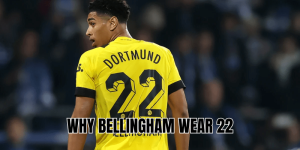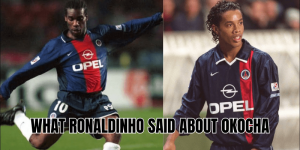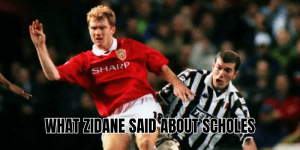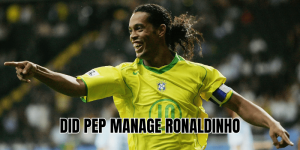Luka Modrić, the Croatian magician with the ball at his feet, is often remembered as one of the finest midfielders of his generation. Fans still ask: did Modric win the Ballon d’Or? The answer is yes—and his triumph in 2018 was not only a personal victory but also a turning point in modern football history. Today, ZaneyStrike will accompany you through the story of how Modrić broke the Messi-Ronaldo duopoly, the season that defined his legacy, and why his Ballon d’Or win remains one of the most debated awards in football.
The historic 2018 victory
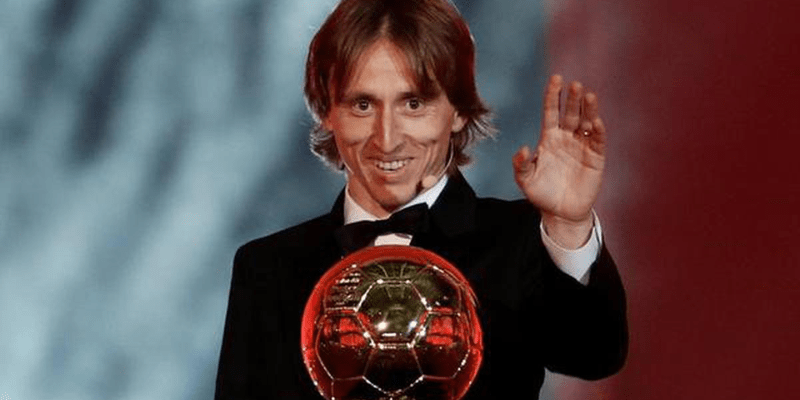
The Ballon d’Or is the most prestigious individual award in football, reserved for the player deemed the best in the world. For a decade, Lionel Messi and Cristiano Ronaldo took turns dominating the golden stage. Then came December 2018, when Luka Modrić lifted the trophy, becoming the first player outside the two giants to claim it since Kaká in 2007.
Modrić’s win was not accidental—it was the result of his extraordinary performances for both club and country. Real Madrid’s Champions League triumph and Croatia’s fairy-tale run to the FIFA World Cup final put him in the spotlight. That year, his consistency, creativity, and leadership outshone pure goalscoring records.
Why Modric won the Ballon d’Or
There were several key reasons Modrić’s candidacy was impossible to ignore:
- Champions League dominance: Modrić played a pivotal role as Real Madrid secured their third consecutive UEFA Champions League title in 2018, controlling the tempo against elite sides.
- World Cup brilliance: As captain of Croatia, he guided his nation to their first-ever World Cup final, winning the tournament’s Golden Ball as best player.
- Leadership and vision: He wasn’t the top scorer, but his influence on the pitch was unmatched. Every movement and pass showed intelligence, maturity, and control.
- Breaking the cycle: After ten years of Messi-Ronaldo, football needed a fresh hero, and Modrić’s story symbolized hope for every midfielder overshadowed by goal machines.
These factors combined created an irresistible case for awarding him football’s greatest individual honor.
The season that defined his legacy
The 2017/18 campaign is now etched into football folklore as the year Modrić turned, he formed part of a midfield trio with Toni Kroos and Casemiro that dismantled Europe’s best. Against PSG, Bayern Munich, and Liverpool, Modrić dictated play, keeping Madrid’s machine balanced.
At the World Cup in Russia, his performances were masterclasses of endurance and artistry. His stunning long-range goal against Argentina and relentless pressing in extra-time battles against Denmark and England revealed not just skill but heart. Croatia fell short in the final against France, but Modrić’s name had already been written into history.
The controversies and debates
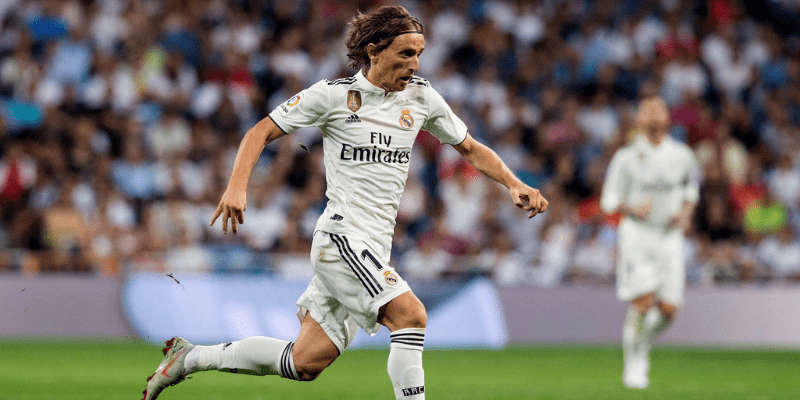
Not all fans agreed with the decision. Some argued that Ronaldo, who scored heavily for Madrid, or Antoine Griezmann, who won the World Cup with France, deserved the award. Critics also questioned whether Modrić’s lack of eye-catching statistics weakened his claim.
But football is not only about goals. It is about control, influence, leadership, and magic. Modrić’s triumph reminded the world that midfielders—the heartbeat of teams—deserve recognition too. Even years later, debates still spark in pubs, forums, and comment sections: Was Modrić’s Ballon d’Or truly deserved?
For many, the answer is yes. It was the year football honored brains and bravery over brute force and goalscoring numbers.
Records and significance of Modric’s win
Modrić’s Ballon d’Or win carried historical weight:
- First Croatian ever to win the award.
- First non-Messi or Ronaldo winner since 2007.
- One of the few midfielders in history to lift the Ballon d’Or, joining legends like Zidane, Platini, and Gullit.
- Proof that global recognition is possible without record-breaking goals.
His victory also inspired young midfielders worldwide., Modrić showed that intelligence and artistry matter in an era obsessed with statistics.
Life after the Ballon d’Or
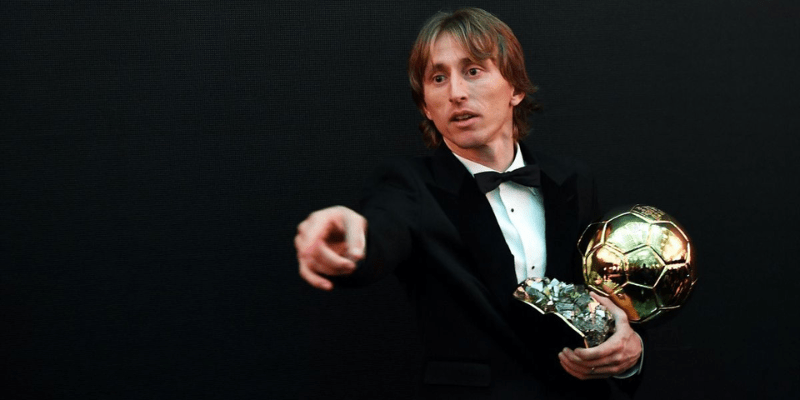
Even after 2018, Modrić’s career didn’t slow down. He continued to play at the highest level with Real Madrid, adding more Champions League titles and setting longevity records. His ability to perform at world-class standards well into his late 30s speaks volumes about his professionalism and unique talent.
He remains Croatia’s captain, guiding the national team through Euros and Nations League campaigns. For fans, Modrić’s Ballon d’Or was not just a one-off achievement but part of a larger story of consistency and resilience.
Final thoughts
So, to answer clearly: did Modric win the Ballon d’Or? Yes—he conquered it in 2018, ending a 10-year duopoly and reminding the football world that midfielders can be kings. His story is one of hard work, leadership, and technical brilliance, inspiring generations to come.
ZaneyStrike believes Modrić’s triumph will always remain one of the most symbolic Ballon d’Or wins of modern football, proving that football’s beauty lies beyond goals alone. If you want more stories about football legends, unforgettable matches, and player biographies, stay tuned with us—because the beautiful game is full of magic waiting to be told.


